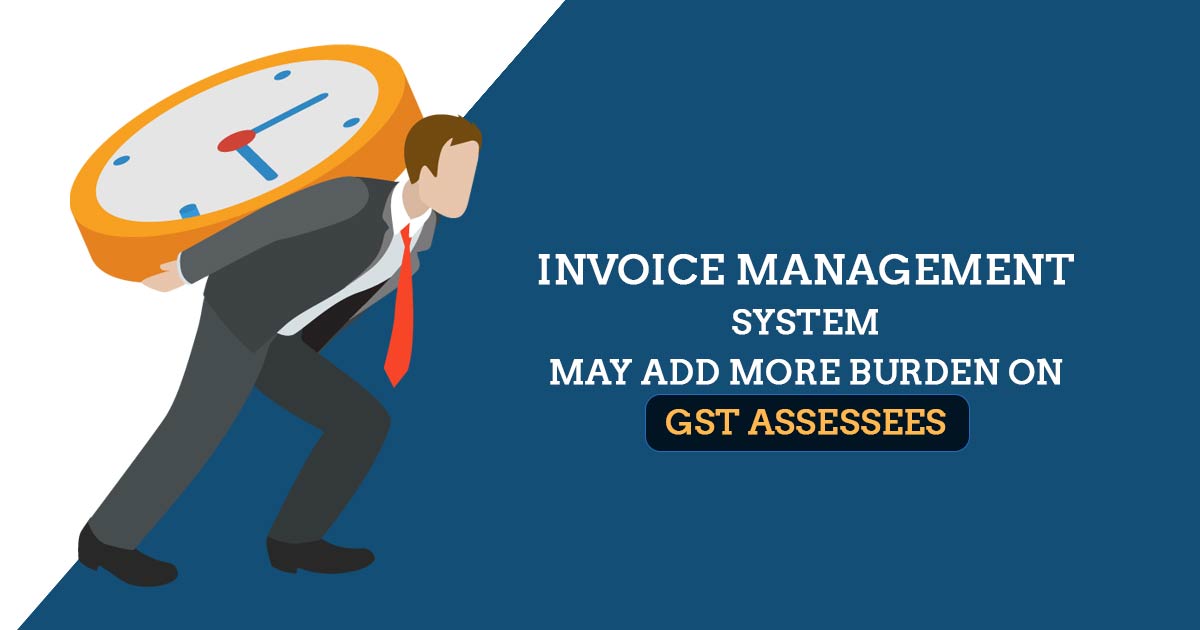
The measure to improve the Input tax credit ecosystem via an Invoice management system (IMS) may add another layer of compliance to the GST taxpayers, tax experts mentioned.
As per the GST portal, the updated system has the objective of easing the assessees in matching their records/invoices vis-a-vis issued via their suppliers for claiming the correct ITC. The assessors can use the same utility to accept, reject, or maintain the invoices due in the system to claim the latter as and when needed.
The first GSTR-2B (an auto-populated ITC, generated by the GST portal for every normal taxpayer) as per the measures opted in IMS shall be generated for the return period October dated November 14.
The experts assume that the IMS objective cited to lessen the notices on the grounds of the ITC mismatches shall add to the compliance activities of the assessees including with the existing ITC reconciliation before finalizing their GSTR 3B.
IMS in its current form does not furnish the flexibility to partially accept, reject, or keep pending the transactions. Meanwhile, the existing Invoice management system (IMS) form is based on the recipient and it shall need a supplier side of the dashboard and visibility.
While IMS could offer advantages for improved management of input tax credits, adopting it might introduce extra compliance requirements since taxpayers already perform input tax credit reconciliations before submitting their GSTR 3B.
The additional problem is the credit notes (CN). Tax experts said that these are the important features of IMS that shall impact all the assessees. For the matter related to the supplier issuing a credit note (CN) reversing his GST obligation, the supplier either needs to accept or reject the CN.
There is no choice but to keep the CN pending. For instance, if the supplier submitted the CN dated October 31, and the receiver obtained and accounts for it dated November 2, then he needs to reject the CN ideally in the return for October, dated October 31.
The supplier does not have any option but to pay the related GST which he has not been obligated to pay if the receiver rejects the credit note because of this mandate Invoice management system (IMS). GSTN must address this financial implication within the next week, or else it may lead to grudges for all taxpayers.
Tax experts are of the view that deemed acceptance of credit notes in case no action is taken, is a concern since it can directed to ITC reversals for the receivers. Also, unintentional dismissal of credit notes may unfairly increase suppliers’ tax obligations.
As per the GST Network (IT backbone of the indirect tax system), IMS is said to be a functionality of choice, and the receiver is not required to take action. If there exist no actions taken then all IMS transactions will be regarded as accepted.
Read Also: How GSTR 1A and IMS Help to Improve GSTR 3B Filing
GSTN shall make a committee that consists of trade representatives to take recommendations on IMS and outline open issues pending clarifications. Reverse charge, import-corresponding entries (i.e. from ICEGATE and DGFT portals) will flow straight to Form GSTR-2B and is not under the IMS part.